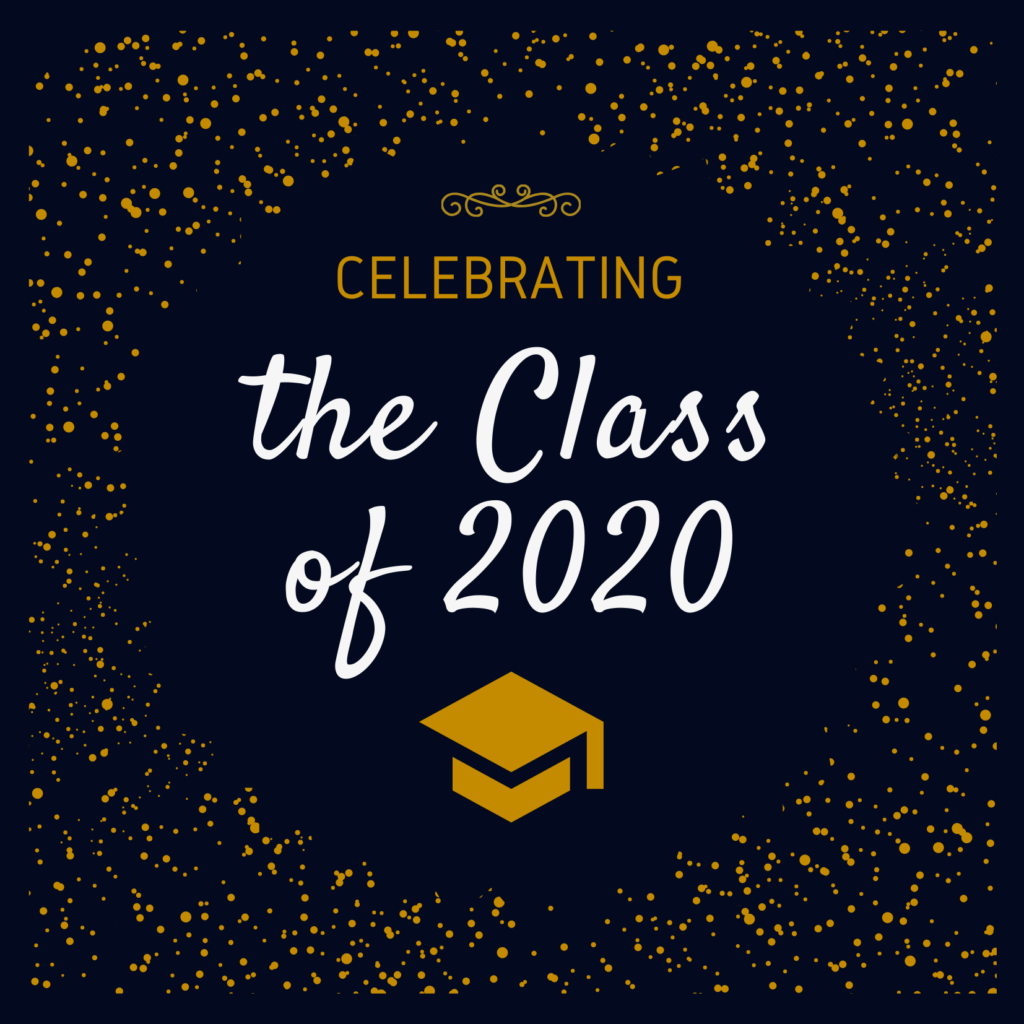Page 822 • (9,819 results in 0.044 seconds)
-
consultation with the student. (1 to 12) ARTD 499A : Keystone - SR This "Keystone" course is intended for upper-division students to develop the process of educational assessment and program competencies. Focus is on integrating student learning objectives with student experience through initial development of portfolio projects and other assignments. Not repeatable. One of two courses required to fulfill the Senior Seminar General Education Element. Recommended as two semester hours. (1 to 4) ARTD 499B
-

May 2020 Innovation Studies Graduates Posted by: halvormj / May 28, 2020 May 28, 2020 By Michael Halvorson, Chair of Innovation Studies. The Innovation Studies program is pleased to announce the graduation of five new Innovation Studies minors. Each has completed a program of study designed to foster innovation and design thinking in an interdisciplinary context. They graduated on May 23, 2020 with the Class of 2020. The physical graduation ceremony was postponed until September due to the on
-
A Semester in LondonJunior Rachel Diebel first remembers hearing about the AHA London program during a Study Away 101. Intrigued, she attended an information session about the AHA program and knew it was the perfect fit for her. As an English Literature major minoring in both Printing and Publishing Arts and Communications, the Humanities-focused academics of AHA London were exactly what she was looking for in a study away experience, “There were so many things that made it the perfect program
-
After his first sabbatical became a great learning experience in 2006, Professor of Music Svend Rønning left campus for the 2015-16 sabbatical with a new mindset — to focus on teaching his specialties to the broader musical community. “I’ve gone on a quest to share my specialties with students and colleagues in a portable way,” Rønning said. “I’m excited about the relationships I’ve built across the nation.” Rønning graduated from Pacific Lutheran University with an undergraduate degree in
-

successful in careers in this area after PLU. Guest bloggers: Dr. Matt Smith (smithmf@plu.edu), Chair of Biology, Associate Professor of Biology; Dr. Ann Auman (aumanaj@plu.edu), Dean of Natural Sciences, Professor of BiologyBiology at PLUInterested in learning more about PLU’s Biology major? Experience biology hands-on at PLU, where small classes and state-of-the-art labs prepare you for careers in research, health sciences, and beyond. Work directly with faculty on real-world projects, honing skills to
-
not a part of the #WhyPLU week, our last Admitted Student Day (April 29) will still help you answer your #WhyPLU! We hope you can join us on campus for this info (and fun) filled day designed to help you experience what learning and living at PLU is all about!Drop-in Zoom HoursThursday, April 28th from 4:00-7:00pm PTDrop in anytime and ask an Admission Counselor your last-minute questions! Join Here New Lute (In-person!) CelebrationSunday, May 1, 10:00am-1:00pm PTJoin us by the upper campus PLU
-
community whose members demonstrate a lifelong commitment to each other, devotion to PLU’s mission and investment in its future. The Alumni Board in conjunction with the Alumni & Student Connections office: fosters communication and relationships among alumni, students, faculty and staff enhances alumni commitment to the university through development and support of service, investment, and life long learning opportunities promotes celebration of accomplishments of the university and its students
-
of a class with multiple students, students can respond to one another’s videos. Assignment ideas for final or culminating projects: Scrapbook – Integrate text and visuals to display learning and growth during the internship. Informational Interview Assignment – Students can profile a professional who works in the organization. Write a reflection paper regarding the following prompts: Connect internship experience to student’s major Discuss the impact of the internship on student’s future plans
-
microaggressions. Microaggressions are “the everyday verbal, nonverbal, and environmental slights, snubs, or insults, whether intentional or unintentional, that communicate hostile, derogatory, or negative messages to target persons based solely on their marginalized group status” (Sue, et al., 2007). Ultimately, regardless of origin, bias incidents have the potential to disrupt teaching and learning, a sense of belonging and community, student success, and the overall campus climate at PLU. Citation
-
Confucius ClassroomsConfucius Classrooms are local institutions, based in U.S. schools, which stimulate and support innovative teaching and learning of Chinese language and culture. Confucius Classrooms adopt flexible teaching patterns and adapt to suit local conditions when teaching Chinese language and promoting culture in foreign primary and secondary schools. The Confucius Institute of the State of Washington serves as a liaison for Confucius Classrooms established in Washington
Do you have any feedback for us? If so, feel free to use our Feedback Form.


